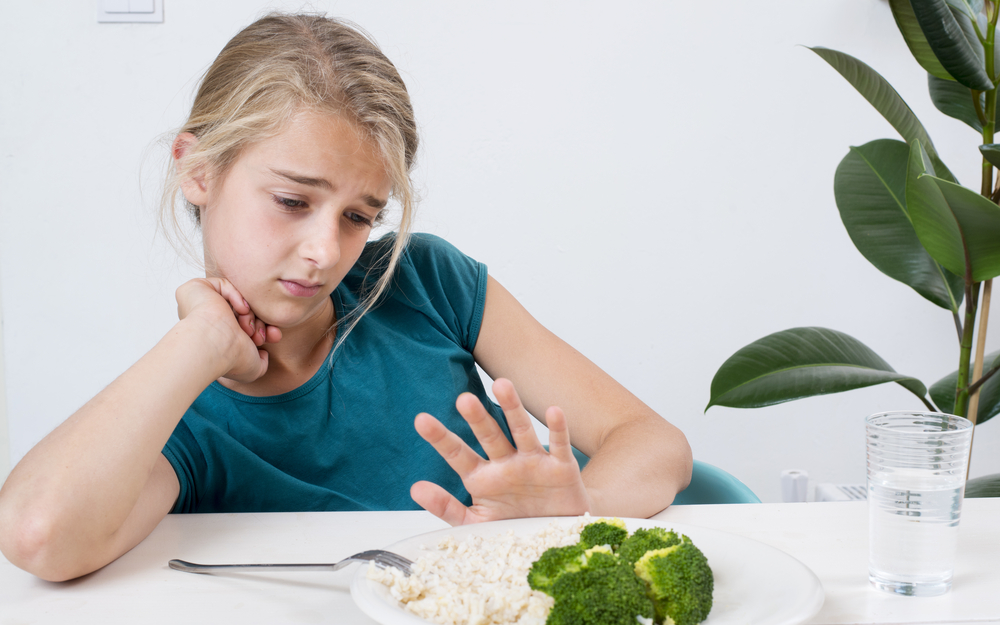Unhealthy diet and lack of physical activity could be creating your teen of the heart-disease patient. According to the latest research, the new generation of teens are at higher risk of heart disease as compared to older adults if they don’t change their lifestyle habits. Studies have also found that eating well can turn off the genes that put your teen at higher risk of heart-related issues.
Vegetables essential for teen’s development
Teenagers are notorious for their terrible dietary habits. The current generation of teens eats only what tastes good or what they can easily reach up to. Studies confirm that a majority of teenagers do not eat the recommended daily amount of vegetables. Veggies are considered as a great source of vitamins, minerals, as well as dietary fiber. Since a teen’s body is still developing and growing, good nutritious diet boost vitality and is crucial to prevent the risk of many chronic diseases such as high blood pressure, heart disease, cancer, osteoporosis, and being overweight or obese.

Also Read: For a Healthy Heart, Keep Cholesterol at bay!
Preparing healthy food with vegetables at home will help your teen develop a good dietary habit that he/she will follow throughout life. Being a parent, the food you make at your home have to be full of super nutrition. Here, superfoods refer to foods that contain powerful nutrients. Eating superfood is the best way to get all the essential vitamins and minerals.
What does your teen need?
As compared to other population, teenagers need a lot more energy. Energy comes from calories, and the daily requirement of a teen boy is about 2,500 to 3,000 while a teenage girl requires 2,200 calories. Fortunately, a teen can easily consume the recommended calories, but being a parent, you should note how many calories are being consumed by your kid.
However, a packet of potato chips will add enough calories to your teen body’s system, but such type of fatty snacks and beverages loaded with sugar carries a very little amount of nutrients. Hence, this type of dietary habit will only contribute to weight gain and obviously not at all good for your teen’s overall health.
Role of Calcium and Iron
The two essential nutrients, namely calcium and iron are crucial because they are useful in building strong bones and prevent your teen from developing a bone problem like osteoporosis. If your kid is an athlete, then he/she requires a good amount of calcium on a daily basis to maintain muscle tissue and a regular heartbeat. The second most required nutrient for the growth and development of kids is iron, which allows red blood cells to transport oxygen throughout the body, providing developing kid’s energy. This ultimately improves heart health and prevents your kid from developing heart disease. Signs of weakness and weakness usually associated with a deficiency of iron in the diet.
Do not avoid essential nutrients
Teenagers, especially, girls are concerned about their body figure, so most of them eliminate fatty items like dairy products from their diet. However, this is not a good thing; it only will hurt them in the long run, nutritionist suggests. This way teenage girls are missing out on some important fats like omega 3 and monounsaturated fats. Fatty item, especially omega-3 is not only good for heart health, but has additional benefits like healthy skin, lustrous hair, and better immune system health. It’s also been shown to reduce depression in kids.
Also Read: Find how acid reducers can help treating heartburn
Help your teen to eat more veggies
It is sometimes difficult to eat more vegetables every day. However, research shows that kids are more likely to eat if they are available and ready to eat. Kids may need to try a new variety of veggies before they accept them. So you need to be patient while offering different veggies to them. It can also help to prepare in different and creative ways. You can try these following ones to help your teen eat more veggies:
- Select vegetables that are in season. Seasonal vegetables taste better and are easily available.
- Be creative while preparing vegetables. You can serve them raw, grated, sliced, mashed, baked, or microwaved.
- Add vegetable to every meal; you can add a grated or mashed vegetable to pasta sauce, burgers, soups, etc.
- Try adding chopped veggies such as tomatoes, mushrooms, onions, or cucumber on your kid’s toast.



